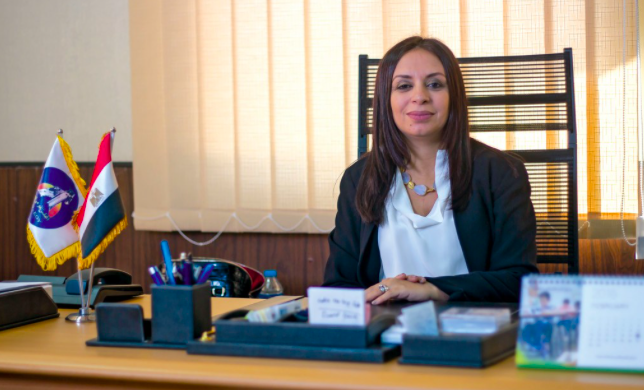
For years on end, ‘child marriage’ has been a serious issue in Egypt. According to a study published by the National Council for Women in 2013, 22% of girls are married before the age of 18. Another study – conducted by the International Population Council, the National Council for Population and Development, and Assiut University- revealed that about 600,000 women in Egypt were married before reaching the legal age of 18, in the villages of Upper Egypt.
This week, Egyptian Parliamentarian, Ahmed Sameh, has expressed the urgency of lowering the legal age of marriage to 16. The MP promised to submit a proposal that amends the current law, which dictates that a female’s legal marriage age is 18. He also added that he will not give up on his beliefs, and that the parliament possesses the freedom to either approve or reject his legal proposals.

According to Sameh, his legal proposal has been attacked extensively by other parliamentarians, ever since he announced his intent to change the current law. The MP added that the amended law will help provide a more accurate database of Egyptian families, as many people choose to marry before the legal age of 18, and only come to document the marriage -and any children resulting from it- when the female bride/wife reaches the legal age of 18.
Egypt’s National Council for Women has described the proposed law as ‘backwards’; it would lead to a regression in the rights attained by women, and it will further marginalize the role of women in the country’s development process, its political process, its public affairs.

“It impedes all efforts made by the state to overcome the problem of population explosion, and to prevent early marriage. Moreover, it does not guarantee the rights of women, as it will prevent the women impacted by it from completing their education, and will henceforth prevent these women from freely choosing their life partners,” read the council’s statement.
If passed, this law will surely do nothing to limit the child bride phenomena. Furthermore, this new law does nothing to help empower girls and women: it does not reflect any genuine intent to invest in young girls and women , nor does it allow girls and/or women to be perceived as a fundamental element to the process of economic development.
Indeed, genuinely investing in the education and empowerment of girls and women can potentially mean achieving the millennium’s developmental goal, and eradicating poverty. It needs to be highlighted and understood that the participation of girls and women in any decision-making process, is crucially conducive to breaking the cycle of violence and sexist discrimination against said women and girls.



